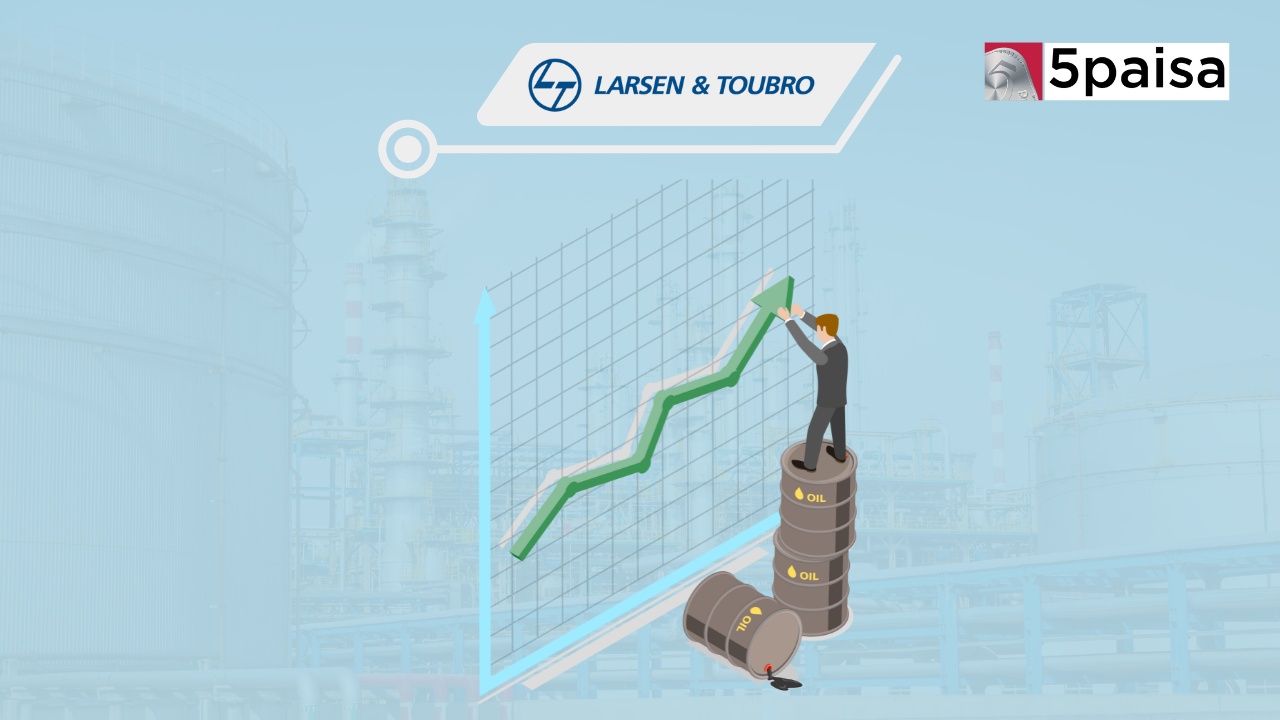Mirae Asset Nifty EV and New Age Automotive ETF Debuts on Dalal Street

Mirae Asset Mutual Fund has introduced the Mirae Asset Nifty EV and New Age Automotive ETF (MNEV), a passively managed exchange-traded fund (ETF) that follows the Nifty EV New Age Automotive Index. This index monitors the performance of companies involved in the electric vehicle (EV) or new-age automotive vehicle sector.
It's a niche, thematic fund designed to invest in disruptive companies within the automobile segment. Swarup Anand Mohanty, Vice Chairman and CEO of Mirae Asset Investment Managers, stated, "This is the future of mobility. We aim to provide avenues for long-term capital appreciation while supporting sustainable development in the automotive sector."
The MNEV ETF aims to offer diversified exposure to the evolving Indian mobility sector, encompassing current disruptions such as EVs, hybrid vehicles, and batteries, as well as potential future innovations like hydrogen fuel cells and autonomous vehicles.
In recent years, the Indian automobile sector has experienced a significant shift towards environmentally friendly and sustainable mobility options. Government initiatives, such as the Faster Adoption and Manufacturing of Electric Vehicles (FAME) scheme and production-linked incentives (PLI), are expected to foster a robust EV ecosystem in India.
According to a report from autocarpro.in, this launch coincides with a period of substantial growth for the Indian automotive industry, spurred by rising consumer demand, government support, and technological advancements. Industry reports predict that the Indian EV market will grow at a CAGR of over 40% from 2021 to 2027, reaching a market size exceeding $150 billion by 2027.
The Nifty EV New Age Automotive Index selects 33 stocks from the Nifty 500 index, focusing on companies engaged in the production and supply of electric or new-age automotive vehicles, batteries, components, raw materials, and technology. The combined weight of stocks from electric two, three, and four-wheeler manufacturers, as well as passenger and commercial vehicle (including new-age vehicle) producers, is capped at 40%. The index follows a flexicap mandate, allowing it to hold assets across various market capitalizations.
At present, 10 mutual fund schemes, both actively and passively managed, primarily invest in the auto and related sectors. These schemes follow three indices: the Nifty Auto, Nifty EV New Age Automotive, and Nifty Transport & Logistics.
Explaining the different investment focuses of these indices, Siddharth Srivastava, Head of ETF Products at Mirae Asset Investment Managers, states, "The Nifty Auto Index covers only auto and auto ancillary companies, while the Nifty EV New Age Automotive Index also includes companies from various sectors involved in the EV and other new-age automotive value chains, such as chemical and IT companies." In contrast, the Nifty Transport & Logistics Index allocates investments to auto and auto ancillary companies, as well as services and capital goods firms.
Siddharth Srivastava explains that the Nifty Auto Index is a sectoral index with a large-cap mandate, comprising 15 companies, with the largest stock holding a weight of 21.8%. In contrast, the Nifty EV New Age Automotive Index is a thematic index with a flexicap approach, including 33 companies, with the largest stock having a weight of 9.7%.
The government's decarbonization agenda and reforms have boosted EV sales, significantly expanding the order books of auto ancillary firms. However, Deepak Jasani, Head of Retail Research at HDFC Securities, notes that "while the push for EV sales continues in India, changes in subsidy payouts have hindered progress." He adds that decreasing battery costs could potentially revive growth in EV sales.
According to a paper by Niti Aayog and the Rocky Mountain Institute, if FAME II and other initiatives succeed, India could achieve EV penetration rates of 30% for private cars, 70% for commercial cars, 40% for buses, and 80% for two and three-wheelers by 2030, says Deepak Jasani. He further explains that although the outlook for EV sales is promising, India might adopt a multi-pronged approach to decarbonization, incorporating hybrids, LNG, and other technologies.
- Flat ₹20 Brokerage
- Next-gen Trading
- Advance Charting
- Actionable Ideas
Trending on 5paisa
06
 Tanushree Jaiswal
Tanushree Jaiswal
Indian Market Related Articles
Disclaimer: Investment in securities market are subject to market risks, read all the related documents carefully before investing. For detailed disclaimer please Click here.
 5paisa Research Team
5paisa Research Team




